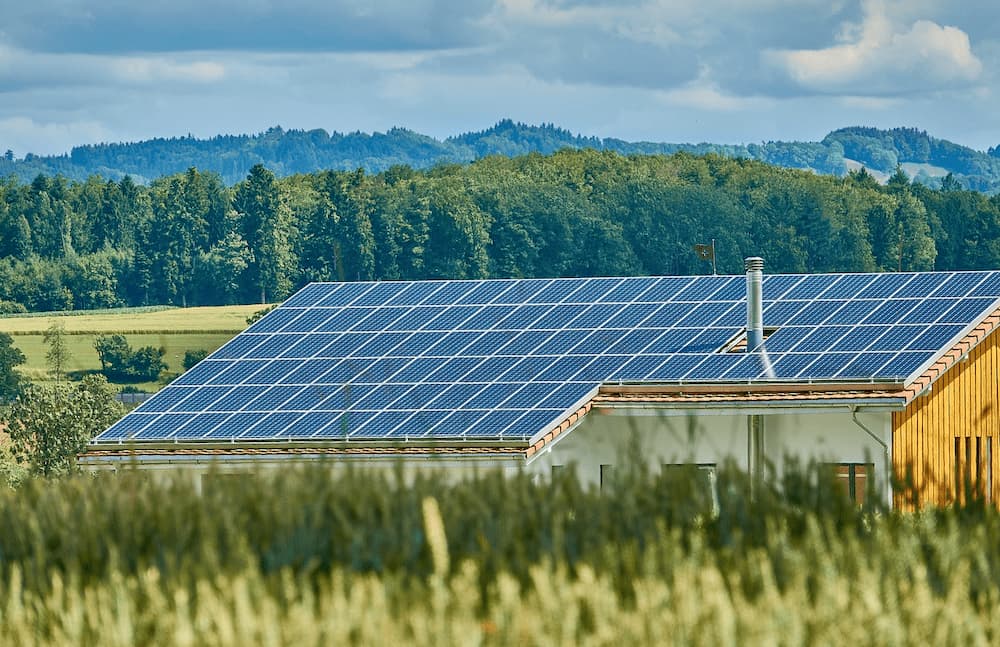Rooftop vs. Ground-Mounted: Which Solar Panel is Right for Your Business?

In the push towards sustainability, solar power has emerged as a reliable and eco-friendly energy solution for businesses. But the big question remains—should you install rooftop or ground-mounted solar panels? In this guide, we’ll explore the advantages and considerations of both options, helping you make an informed decision that aligns with your business needs!
Space Utilization
Rooftop solar panels maximize the use of existing space, turning your unused roof area into an energy-producing asset. For businesses operating in urban settings with limited land availability, this option is particularly advantageous. Additionally, rooftop panels often benefit from reduced shading, thanks to their elevated position.
Ground-mounted panels, on the other hand, require dedicated land space. While this might be a drawback for businesses in densely populated areas, it offers flexibility in orientation and tilt, optimizing energy production. If your business has ample land that isn’t being used, ground-mounted panels can be a viable option.
Installation and Maintenance
Rooftop installations generally have lower upfront costs because they do not require additional mounting structures. However, their installation can be more complex due to roof types and conditions. Maintenance can also be a challenge, as accessing rooftop panels may require specialized equipment or services.
Meanwhile, ground-mounted systems are easier to install and maintain, as they are more accessible. They allow for easy cleaning and quick repairs, which can minimize downtime. However, the initial installation might be more expensive due to the need for mounting structures and potential land preparation.
Energy Efficiency
Rooftop panels are typically installed at fixed angles, determined by the roof’s slope. This could limit the optimization of solar energy capture throughout the year. However, advancements in solar technology, such as microinverters and power optimizers, are mitigating these limitations by increasing overall system efficiency.
With the freedom to adjust orientation and tilt, ground-mounted panels can be optimized for maximum solar exposure, enhancing energy production. This flexibility can translate to higher efficiency and potentially greater energy savings over time. Dual-axis tracking systems, which follow the sun’s path, further boost efficiency, although they come at an added cost.
Aesthetic and Structural Considerations
Rooftop solar panels blend seamlessly with the building’s architecture, preserving the aesthetics of your business premises. However, the structural integrity of your roof must be assessed to ensure it can support the additional weight. Make sure to consult with solar panel installation services, like REP Solar, to help determine feasibility and necessary reinforcements.
On one hand, ground-mounted systems are less about aesthetics and more about functionality. They can be placed strategically to minimize visual impact and even integrated into landscaping designs. This option also eliminates concerns about roof damage or additional stress on the building’s structure.
Cost Implications
Rooftop solar panels generally offer a cost-effective solution with lower installation costs and the potential for incentives or rebates. However, roof repairs or reinforcements can add to the overall expense. It’s essential to consider these factors when budgeting for your solar investment.
In contrast, the initial cost for ground-mounted systems can be higher due to land preparation and mounting structures. However, they offer long-term benefits in terms of efficiency and ease of maintenance. Additionally, they can be scaled up more easily if your energy needs increase.
Environmental Impact
Rooftop installations make efficient use of existing structures, reducing the need for additional land use. This helps minimize the environmental footprint and supports urban sustainability initiatives. Rooftop panels also contribute to reduced heat island effects in cities.
While ground-mounted panels require additional land, they can be integrated into unused or less productive areas, such as fields or vacant lots. This can turn otherwise unutilized land into a source of renewable energy. Careful planning and site selection can mitigate any potential environmental impact.
Choosing between rooftop and ground-mounted solar panels depends on various factors, including space availability, budget, energy needs, and long-term goals. Both options offer unique benefits and can significantly contribute to your business’s sustainability efforts. Start your solar journey today and take a step towards a greener, more sustainable future for your business!


